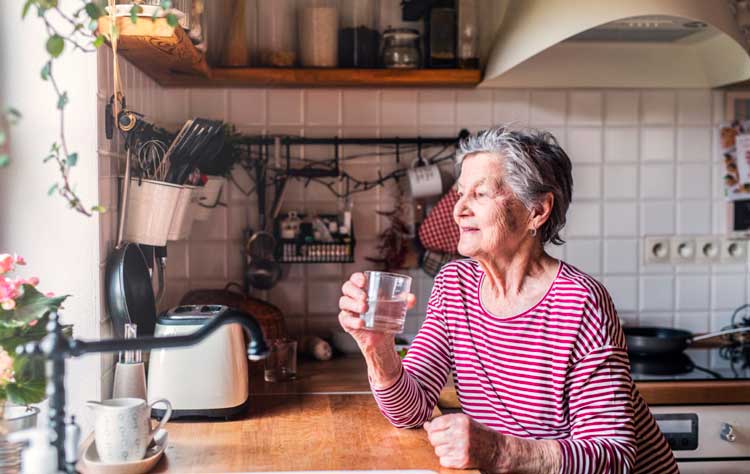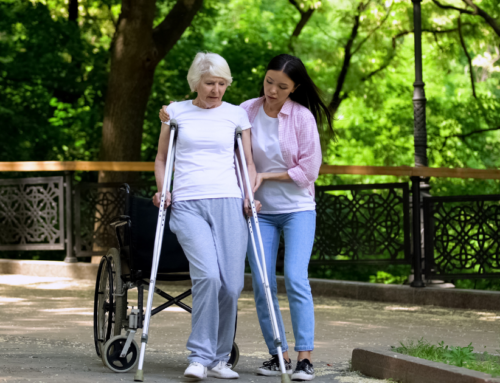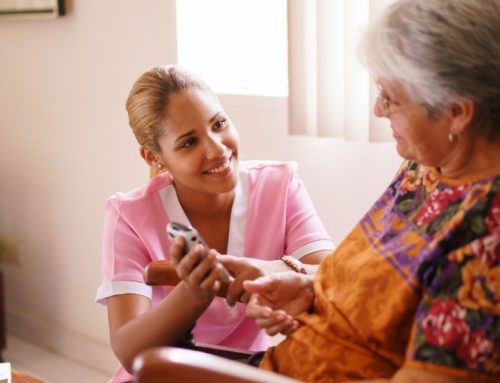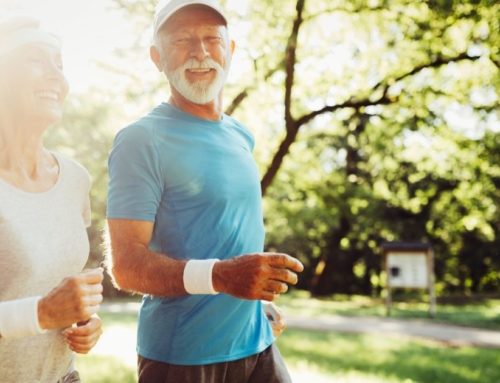It is not breaking news to hear someone tell you, yet again, how important hydration is for health. Even so, it is alarmingly commonplace to hear people regrettably stating “I need to start drinking more water”. So why is it so hard to stay hydrated when water remains the most vital component when it comes to nourishing our bodies? Even though our bodies naturally crave water, health experts explain that busy schedules and inaccessibility can make it very easy to succumb to dehydration. For those who become too preoccupied to go out of their way to drink a little extra water, it is simply easy to forget its necessity.
Increased hydration can contribute to a diverse range of health benefits, some obvious and some less so. Those conscientious of their water consumption can enjoy increased energy levels, higher performance in fitness and sports, a strengthened immune system, and even more radiant looking hair, skin, and nails. It also helps flush toxins out of the body, which prevents the risk of infections in the liver, kidneys, and urinary tract, as well as many other organs.
Most individuals acknowledge the importance of drinking water, regardless of whether or not they find it easy to maintain healthy hydration levels themselves. Unfortunately, the negative effects of dehydration remain under emphasized in comparison. Many may consider it dramatic to say that dehydration can very quickly lead to death, but this is an undeniable fact. Heat stroke poses a severe threat to athletes or others engaging in high levels of activity without careful attention to hydration. Other long term effects of dehydration can lead to unhealthy organ functions and a higher susceptibility to a variety of different conditions. In addition, the dangers of dehydration can increase with age.
On average, the elderly experience an increased risk of dehydration and its health repercussions. Dehydration is one of the leading causes of hospitalization in people over 65 years of age. They are also far more susceptible to many dehydration-related ailments such as kidney stones, likelier chance of blood clots, fainting, easy bruising, and low blood pressure. Many senior individuals develop a habit of forgetting or consciously disliking drinking water or other liquids in general. This issue is most common in those suffering from dementia and Alzheimer’s disease, as their loss of memory causes a difficulty upholding basic survival instincts, such as drinking beverages. As growing older often means dealing with a range of health challenges, thus causing an increase in the amount of daily medications one might take, drinking extra water or other hydrating fluids is also important in making sure any necessary medications can work fully and effectively.
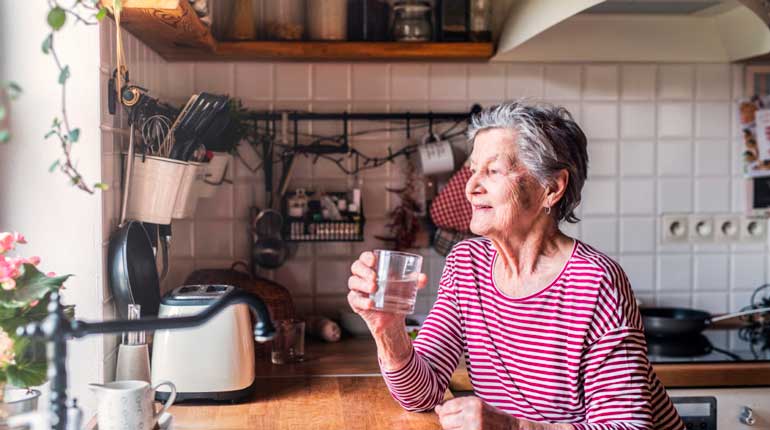
For those who dislike drinking water and therefore find it difficult to be conscientious of their water consumption, supplementing water intake with other hydrating fluids can be helpful. Some caregivers note that their elderly patients tend to dislike drinking water. Stocking up the house with tea, fruit juice, electrolyte drinks, seltzer, and any other flavored beverages that have a relatively healthy ingredients list can help your senior stay healthy. Flavoring water with fruits or cucumbers, or even drinking a savory broth can also encourage liquid consumption. Additionally, consider eating or encouraging anyone you think may need to stay a little more hydrated to eat foods that are high in fluids. Fruits such as watermelon, cantaloupe, citrus, as well as tomatoes and cucumbers are just a few examples of fruits and veggies that can help keep hydrated.
There are also a few newly emerging companies focused on providing alternative nutritional supplements specifically made to combat the issue of senior dehydration. Pattinson’s Jelly Drops is one such company working on producing innovative jelly drops that can serve as a primary source of hydration for dementia patients who experience an aversion to drinking fluids. The elly drops are one hundred percent solid and do not burst in the mouth, which they have found in focus groups is more popular amongst dementia patients and encourages them to stay hydrated throughout the day. Although the company is still in primary stages and products like this are not well spread, this offers promising alternatives to the issue of hydration in seniors.
Creating convenience and accessibility can also prevent the astonishingly easy issue of quickly becoming dehydrated. If you are taking care of a senior and worry that they may not drink enough liquids, place easy-to-hold pitchers of water in areas that they spend frequent time in. Putting a light pitcher next to their bed, desk, or favorite chair will encourage them to drink more, both because the visual will remind them to drink more and the convenience will prevent them from dreading a walk to the kitchen. For anyone who experiences a busy schedule, investing in a reusable water bottle can drastically help one’s health. Filling a large bottle before work, school, or a day out with friends can cut down on the inconvenience of having to seek out a water fountain or store to purchase drinks when you are busy.
Understanding the amount of liquid suitable for an individual is important, as not everybody requires the same fluid intake daily. The Mayo Clinic notes that the generic advice of 8 cups of water a day holds credible as a basic standard for daily water intake. However, there remains a large degree of variation in the amount of liquids an individual should consume based upon their personal life and physical makeup. The average adult male requires about 15½ cups of fluids per day, while the average woman requires roughly 11½ daily. Pregnant or breastfeeding women need to increase hydration levels by a few cups a day due to the increasing demands of their body. Senior citizens should consume the same amount or more. Those with higher day to day activity levels need to make sure they drink extra water or other hydrating beverages. In addition, general health is an important factor in determining how much water one should be drinking; someone sick with an ailment such as a cold or flu or with a more long term illness should increase water intake. In addition to exercise levels and other physical factors, climate plays a large role in determining necessary fluid intake, and remembering the importance of hydration.
Those who live in hotter climates suffer from increased vulnerability to dehydration and heat stroke, especially as climate-change contributes to gradually intensifying heat and extended summer periods. Many homes lack access to central air conditioning, and increasing seasonal temperatures put many homes in the position of suddenly requiring air conditioning when they previously did not need it for decades. Indoor heat or the inability to escape from the heat can make it that much harder to stay healthy and cool in hot summer months. The act of staying hydrated can prove extremely difficult during this time, and also discourage involvement in otherwise fun outdoor activities due to discomfort and inconvenience.
If you are living in an area that becomes extremely hot in the summer, or if you are worried about an older loved one experiencing the heat, reading up on some simple ways to make hydration an easier task can help prevent the serious health risks of dehydration. As previously stated, increasing accessibility to water or other drinks can greatly help to stay hydrated. Carrying around a water bottle or simply placing water in convenient areas of the house can help you and your loved ones remember to maintain liquid intake. Additionally, remembering to drink beverages that aid in hydration, rather than counteract it, is very important. Drinking large amounts of caffeine can cause dehydration; if water is not enticing, try out sports drinks with electrolytes, natural fruit juices, foods with high water content, and other healthy alternatives.
Overall, simply acknowledging the importance of staying hydration can make a drastic positive difference in one’s health. Daily reminders, whether that be by visual queues, or written reminders around the house or on electronics, to drink water or other fluids, can prevent dehydration and its dangerous consequences for you, your family, or a senior patient of yours.
